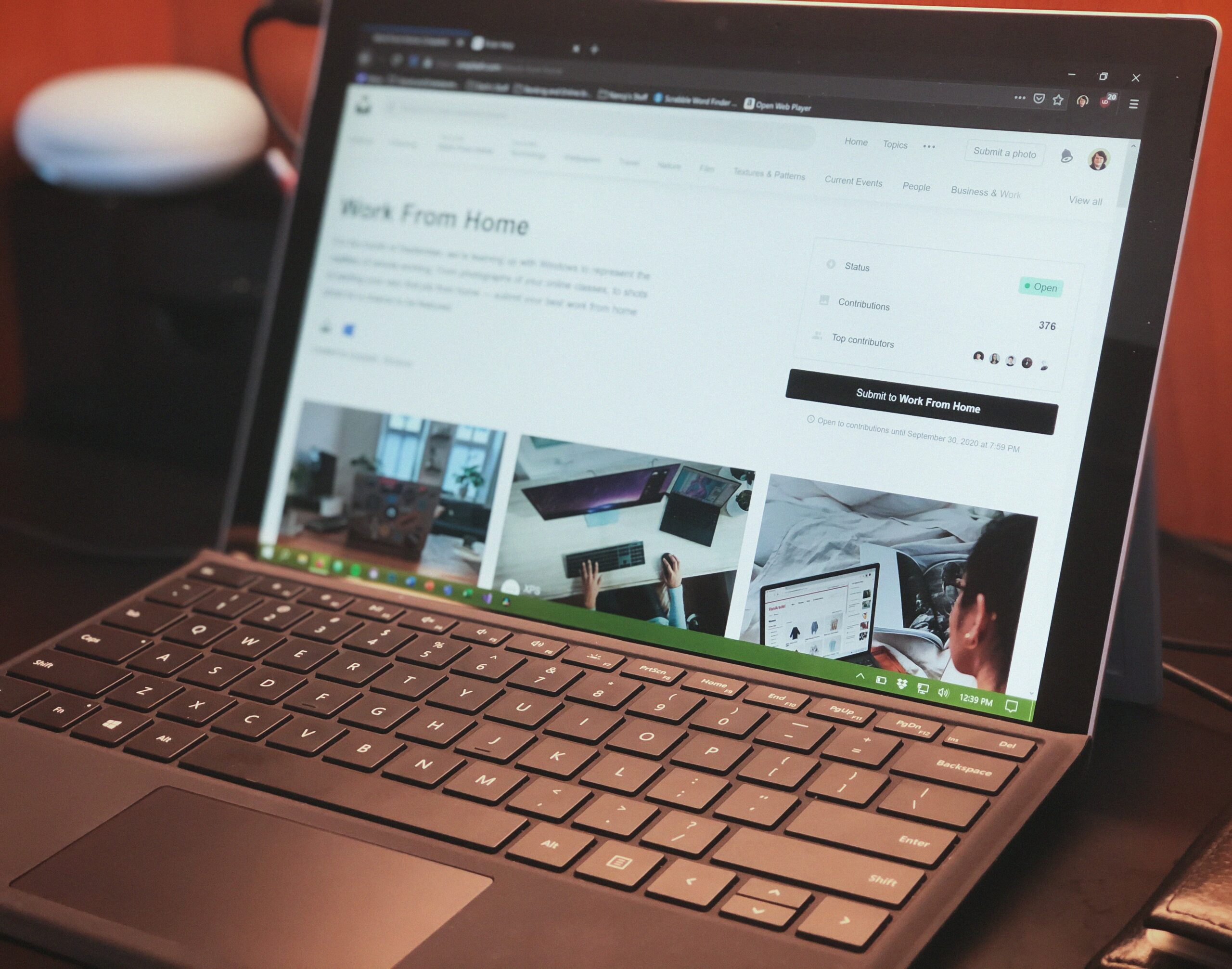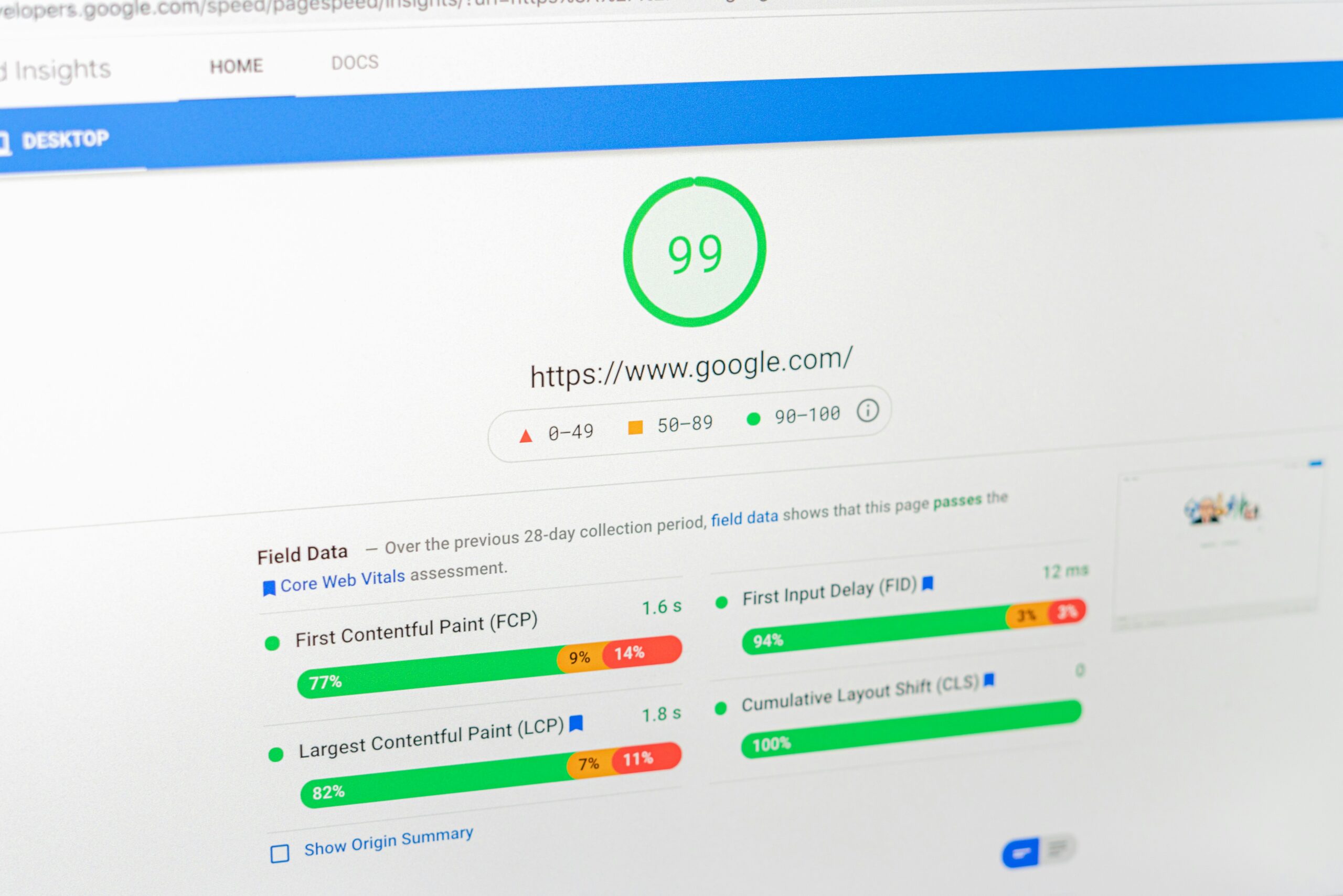B2B Marketing in the Age of Remote Work
September 11, 2025 | by qqvmedia.com


Understanding the Shift to Remote Work
The transition to remote work has gained unprecedented momentum in recent years, primarily driven by technological advancements, global health crises, and evolving worker preferences. Notably, the COVID-19 pandemic served as a significant catalyst, compelling organizations worldwide to implement remote working practices almost overnight. As companies were forced to adapt, many discovered that the infrastructure for remote work, including collaboration tools and cloud-based services, was already available and could be utilized effectively.
Technological innovation continues to redefine how businesses operate, enabling seamless communication and collaboration among teams that may be geographically dispersed. Video conferencing tools, project management software, and instant messaging platforms have made it possible to maintain productivity and operational efficiency, irrespective of physical location. This accessibility to technology has been paramount in encouraging organizations to embrace remote work permanently or on a hybrid basis.
Moreover, workforce expectations have also shifted significantly. Many employees have come to appreciate the flexibility and work-life balance offered by remote work. A growing number of professionals now prioritize jobs that allow for remote or flexible work arrangements, leading organizations to rethink their workplace dynamics and embrace these new norms. As businesses adapt, they are challenged to find the right balance between remote and in-office work, ensuring that productivity remains high while also fostering a strong company culture.
This evolution is reshaping B2B relationships as well. Organizations are increasingly investing in digital strategies to engage with customers, partners, and stakeholders in a more virtual landscape. As companies adapt to this new way of working, they need to be mindful of how their sales practices, marketing approaches, and customer interactions evolve alongside these changes in workplace dynamics.
Adapting B2B Marketing Strategies for Remote Engagement
In the current landscape where remote work has become prevalent, B2B marketers must adapt their strategies to effectively engage their target audiences. One of the most impactful ways to reach potential clients is by leveraging digital channels. Utilizing platforms such as LinkedIn, webinars, and targeted email campaigns allows B2B companies to maintain a consistent presence and communicate with decision-makers, regardless of physical location. These channels not only enhance visibility but also facilitate timely interactions that are crucial in nurturing leads.
Content marketing tailored for online consumption is another critical strategy that should be prioritized. Marketers must create valuable, informative content that resonates with remote teams. This includes producing e-books, whitepapers, and blogs that address the unique challenges faced by businesses operating remotely. Utilizing SEO techniques can assist in organically driving traffic to this content, thereby increasing engagement. By providing actionable insights, B2B companies can position themselves as thought leaders in their industry, fostering trust and legitimacy.
Virtual events have also emerged as vital tools for B2B marketing in a remote setting. Hosting webinars or virtual conferences allows companies to showcase their expertise and connect with larger audiences. These events not only facilitate networking opportunities but also enable real-time data collection regarding attendees. Additionally, follow-up strategies post-event, such as sending personalized emails or targeted content, can help maintain the engagement initiated during these virtual gatherings.
Lastly, relationship-building strategies play an essential role in effective remote engagement. Marketers must focus on creating authentic connections through personalized communication and nurturing interactions. One such approach is the use of social media to engage in conversations and foster community. Companies that effectively pivot their B2B marketing efforts to incorporate these strategies are likely to thrive in the ever-evolving landscape of remote work.
Leveraging Technology for Enhanced B2B Marketing
As remote work becomes a more prevalent model for businesses around the globe, leveraging technology is essential for enhancing B2B marketing efforts. Organizations are increasingly utilizing a variety of technological tools and platforms to maintain effective communication and achieve marketing goals in a distributed work environment. Key among these tools are Customer Relationship Management (CRM) systems, which provide businesses with a centralized platform to manage client interactions, track engagement, and analyze customer data. By integrating CRM systems into their marketing strategy, companies can streamline operations and ensure personalized communication with clients and prospects.
Furthermore, marketing automation tools play a crucial role in optimizing B2B marketing campaigns. These tools enable businesses to automate repetitive tasks, such as email marketing, social media posting, and lead nurturing, allowing marketing teams to focus on strategy and creative development. Automation not only increases efficiency but also enhances the ability to personalize campaigns based on data-driven insights, improving the overall effectiveness of marketing messages.
Video conferencing platforms have also emerged as indispensable resources in the realm of B2B marketing. With face-to-face meetings becoming less feasible, these platforms facilitate virtual connections with clients and partners, offering an alternative means of engagement that can replicate in-person interactions. High-quality video presentations, webinars, and virtual events can significantly increase brand visibility and foster relationships, allowing companies to showcase their products and services more effectively.
Collaboration software enhances teamwork and project management within marketing teams, ensuring that members can work together seamlessly, regardless of location. By adopting these tools, organizations can improve communication, share ideas in real-time, and track project progress, all of which contribute to the success of B2B marketing initiatives.
Finally, data analytics and artificial intelligence (AI) play a pivotal role in identifying market trends and refining marketing strategies. By employing analytics, businesses can gain insights into customer behavior and preferences, allowing for targeted and personalized marketing efforts. AI can further enhance this process by predicting future trends, optimizing campaigns, and providing valuable recommendations, ultimately driving better engagement and conversion rates.
Measuring Success in Remote B2B Marketing
In the context of remote B2B marketing, evaluating the effectiveness of strategies requires an understanding of key performance indicators (KPIs) tailored for a virtual environment. Traditional metrics like brand awareness, customer acquisition costs, and retention rates remain important, but additional digital-focused KPIs have emerged, reflecting the unique challenges and opportunities of remote work.
One vital KPI is website traffic, which provides insights into how well marketing efforts are driving visitors to the business’s digital presence. Monitoring organic traffic through search engines, referral traffic from social media, or direct visits can help gauge the effectiveness of content marketing strategies. Furthermore, engagement metrics such as the average session duration and bounce rate can shed light on the quality of the content and its ability to capture interest.
Another crucial aspect of measuring success in remote marketing is tracking conversion rates. This involves not just how many leads are generated but also how effectively those leads convert into paying customers. Utilizing tools such as Google Analytics can assist in segmenting audiences, facilitating targeted marketing efforts that ultimately drive conversions.
To assess the return on investment (ROI) of various marketing initiatives, organizations should use analytics platforms that allow for in-depth performance analysis. This can involve monitoring paid advertising campaigns to understand which channels yield the most profitable leads. By analyzing the cost per lead and customer lifetime value, businesses can refine their marketing investments for optimal returns.
Lastly, continuous improvement is essential. By regularly reviewing performance metrics and adjusting marketing strategies based on real-time data, companies can adapt to the evolving landscape of remote work. This iterative approach not only ensures greater efficiency but also enhances overall marketing effectiveness, contributing to sustained success in the remote B2B marketing arena.
RELATED POSTS
View all


